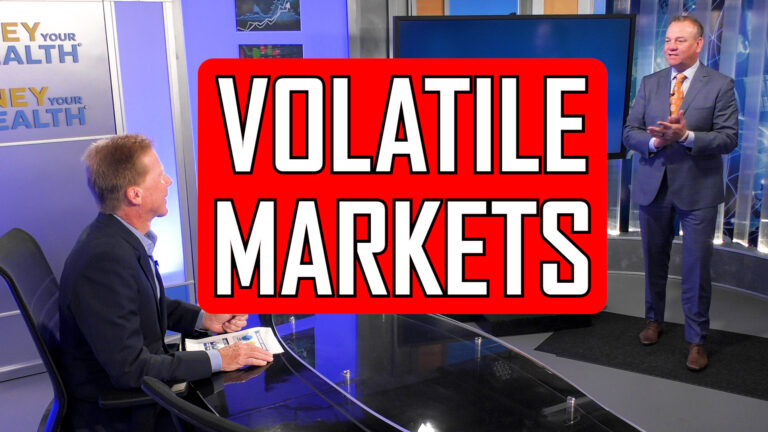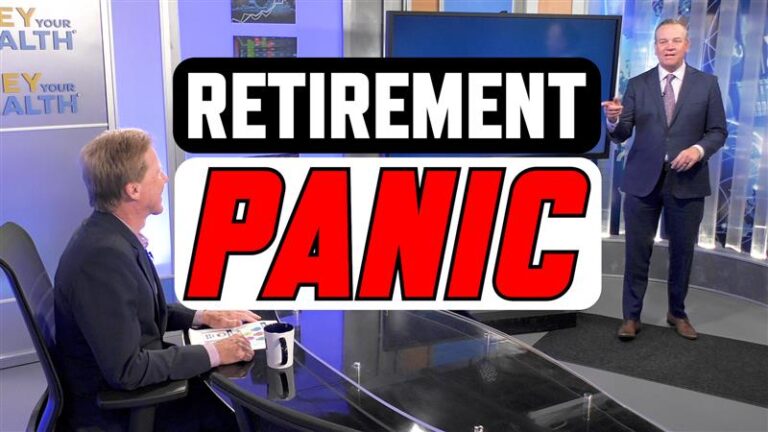Bonds are IOUs or loans which can shelter your portfolio against stock market corrections. Why should you invest in bonds and what risks are associated? How do bonds compare to stocks? CEO and Founder of Pure Financial Advisors, Mike Fenison, joins the show to discuss the nature of bonds in a low interest rate environment and what kinds of bonds investors should hold in their portfolios.
0:10 “The only free lunch in investing is diversification…you want to have some money in stocks and some money in bonds”
0:18 “Most of you are aware that you can lose a lot of money in stocks, but are you aware that you can lost just as much in bonds?”
2:08 “Let’s break it down to figure out what a bond is, how it works and what risks are associated with bonds”
5:21 “There are disadvantages to bonds, and right off the bat I would say that there are lower returns compared to stocks; bonds historically over the past 80, 90 years, have returned about 5%, stocks closer to 10%”
9:12 Start of Interview with Mike Fenison
9:27 “Given the market conditions, given the stock market is at or near all-time highs, everyone’s saying there’s a bond bubble, so should people still invest in bonds?
11:32 “The shorter the duration or maturity of a bond, the less interest-rate sensitive it’s going to be”
13:50 “Not all bonds are going to react the same to the same stimulus in the economy”
16:33 “If interest rates go down, bond prices go up”
19:10 “If you have a lot of money to invest, individual bonds are probably a little better way to go because you know what the maturity is, you know what the interest rate is, you have control over it”
20:34 “Bonds are IOUs from governments and companies, so it’s just a loan; you’re loaning the government or a company some money and getting a payment back…stocks don’t always outperform bonds”
24:32 “Take a look at longevity risk; it’s one of the biggest risks that a lot of retirees are facing right now”









